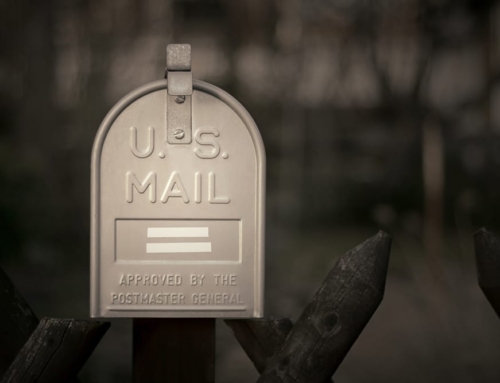When someone passes away without a will, it’s difficult to determine who the deed will be transferred to.
Q: My aunt left me her house when she passed away but she didn’t have a will and we didn’t have any papers signed to state that she wanted me to have it. She told my cousin that she wanted me to have it. My cousin oversaw my aunt’s affairs. My question is: where do I start to try to get the deed to the house put in my name?
A: The first thing you should know is that you have no legal right to the home. Laws relating to who gets property after the death of a loved one are based on probate rules and non-probate rules.
The state has an interest in making sure that property from a person that has died is distributed according to that person’s wishes, but those wishes must be stated in writing in a will. Without a will, the property owned by that person will go to people as designated by statute for estates where no will exists.
You can understand why state laws are rather strict about the distribution of property after a person has died. The person having the most to say about the distribution is no longer around and, yet, those that survive may disagree on what was said or intended by the person who now can’t speak for himself or herself.
For these reasons, the rules relating to wills are quite strict. Wills need to be in written, specific, and have a number of witnesses (the number of witnesses depends on the state in which the will is signed). Finally, a will must be notarized.
In your situation, your aunt didn’t have a will. Then, the most important issue is whether everybody that survived your aunt is in agreement that you get the house. If they are in agreement, you might have several choices on how to have the home One choice may be to go to the probate court and motion the probate court to have the property go to you. You might need the help of an attorney and you will probably need the living relatives to work with you to get all of this done.
The other option might be for you to talk to a title company or settlement agent and see what options they offer a person like you. It may be that the title company or settlement agent is willing to insure title in your name if all the living relatives sign a deed conveying any interest they may have in the property to you. The title company or settlement agent may charge you an additional fee, but their system may be the most efficient in transferring ownership of the property to you.
One last caution, we don’t know how many other relatives are around who might challenge your receipt of the property. While your cousin may wish to cooperate with you and understands that your aunt’s wishes were for you to get the property, other family members may feel that they are entitled to the property and may not be willing to give up the rights that may give them something of value. Good luck and we hope things work out for you.
[amazon_link asins=’1524763438,B06XKZLK6Z,B072B8JDL2,B005EGTUSS’ template=’ProductCarousel’ store=’thinkglink-20′ marketplace=’US’ link_id=’0ab60368-b01d-11e7-82a9-27aade936152′]







Leave A Comment